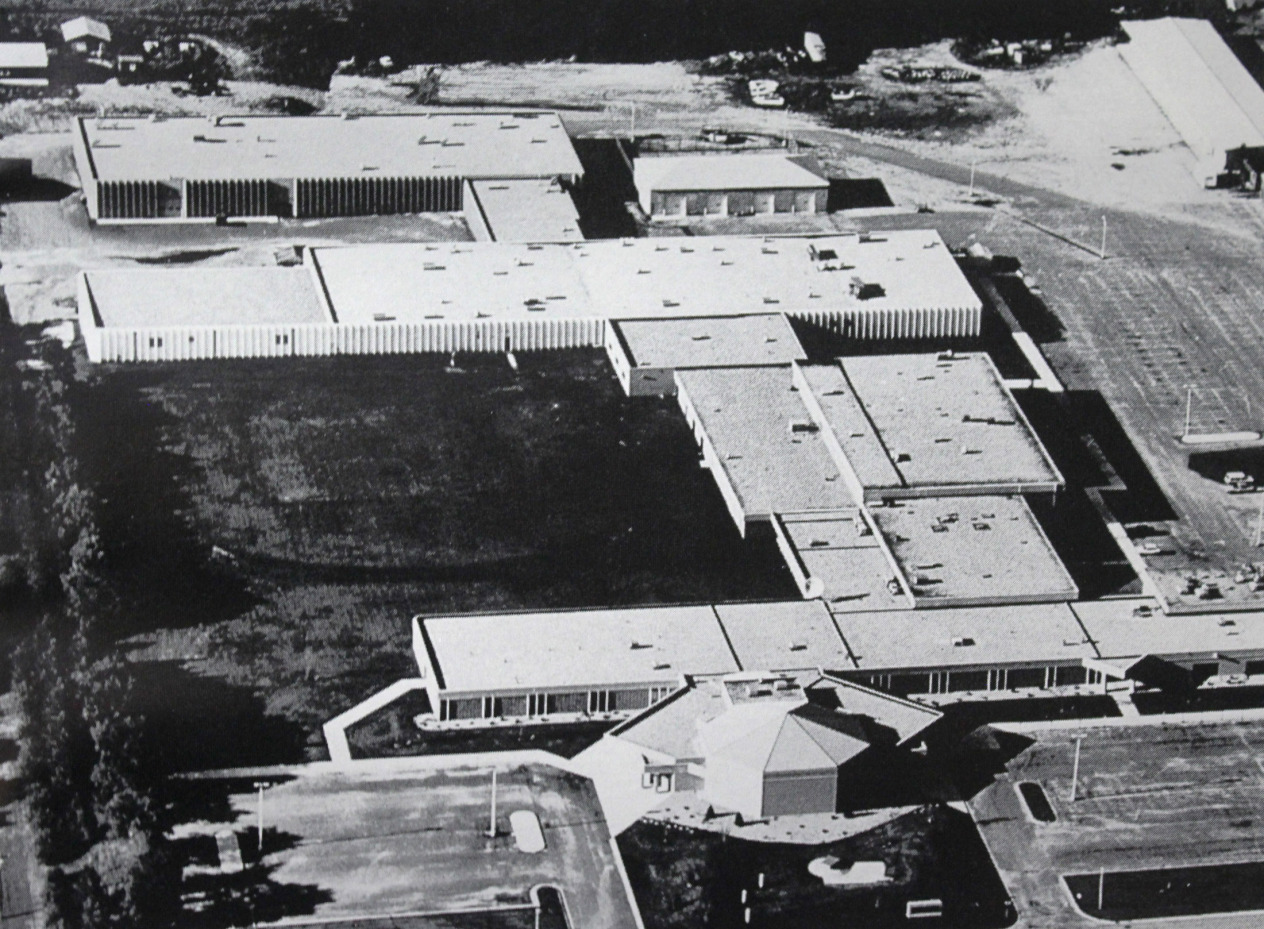Title
BIOL1123 - General Biology II
Description
Description
Meets MnTC Goal Areas 3 and 10. This course is an introduction to living organisms, emphasizing evolution, biological diversity and ecology. Topics will include mechanisms of evolution, classification and diversity of life, structure and function of organisms, and interaction of organisms at all levels of an ecosystem. This course includes a laboratory component incorporating field activities, microscopic work, dissection and plant systems. Along with BIOL1122, this course is part of a two-semester sequence of general biology that can be taken in any order.
API ID
Credits
4 (3/1/0)
Prerequisites
- Assessment into ENGL 1101 or college level writing equivalent.
Competencies
- Understand and apply knowledge of plant biology, animal biology, evolution and diversity, and ecology.
- Recall, explain and apply concepts, knowledge and vocabulary of biology at the level necessary for success in subsequent biology courses for science majors.
- Demonstrate an understanding of scientific theories in biology.
- Demonstrate quantitative reasoning skills at a level appropriate for subsequent courses in biology for science majors.
- Distinguish between and demonstrate appropriate use of primary and secondary scientific literature.
- Formulate and test hypotheses by performing laboratory experiments in biology that include the collection of data, statistical analysis, graphical presentation of results, and interpretation of sources of error and uncertainty.
- Communicate experimental findings both orally and in writing.
- Understand and apply knowledge of use of the microscope and other biological laboratory equipment, and apply that knowledge in the proper conduct and interpretation of laboratory investigations.
- Understand the impact of human activities on biological systems and related socioeconomic and political issues.
Goal Areas
3. Natural Sciences
10. People and the Environment
Degrees that use this course
Degrees that use this course
Degree:
Associate of Science (AS)
Location:
Fergus Falls Campus
Moorhead Campus
Credits:
60
Degree:
Associate of Science (AS)
Location:
Fergus Falls Campus
Moorhead Campus
Credits:
60
